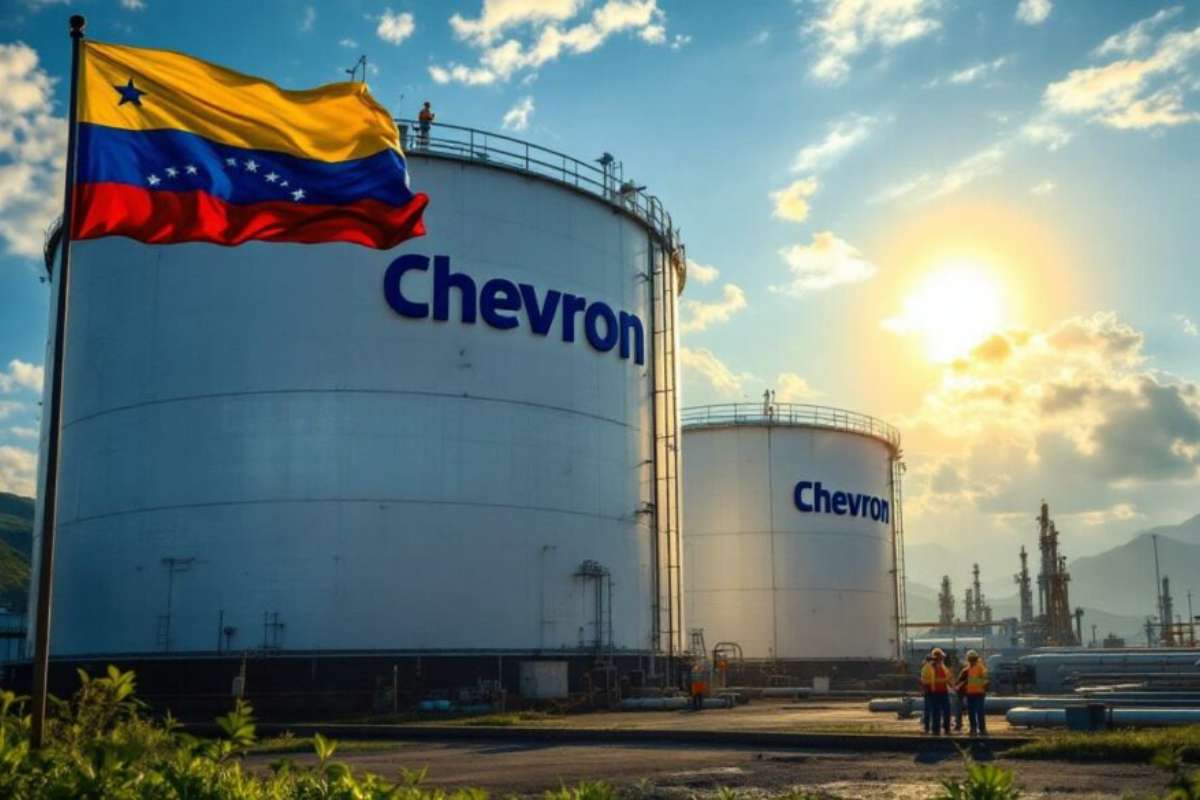Key Points:
- U.S. lets Chevron restart limited oil work in Venezuela, avoiding payments to Maduro.
- Chevron exports crude to repay debt, with more control over its operations.
- Policy aims to balance global energy needs and political pressure.
The Biden administration has quietly approved a restricted license for Chevron Corp, allowing the U.S. energy giant to resume limited oil operations in Venezuela under modified terms. The decision, reported by Reuters and Bloomberg, comes as Washington recalibrates its approach toward the South American nation amid ongoing geopolitical shifts and energy market pressures.
The revised license, granted by the U.S. Treasury Department, permits Chevron to continue crude production and exports from its joint ventures in Venezuela but bars expansion or new agreements. While sanctions against Venezuela’s state-run oil firm PDVSA remain intact, Chevron Corp is allowed to ship Venezuelan oil to the U.S. and apply proceeds toward repaying long-standing debts.
This move signals a strategic compromise: maintaining pressure on President Nicolás Maduro’s regime while addressing global energy concerns and preserving Chevron’s longstanding assets in one of the world’s most oil-rich nations.
Oil-for-Debt Model Resurfaces as Chevron Corp Retains Operational Control
As per Bloomberg, the new license framework revives the “crude-for-debt” model previously employed during sanctions relief efforts in 2022. Under this mechanism, Chevron Corp will export Venezuelan crude to the U.S. and receive a portion of proceeds to settle Venezuela’s unpaid debt. Direct payments to PDVSA remain prohibited, ensuring minimal financial benefit to the Maduro government.
Notably, the updated agreement strengthens Chevron’s operational authority. The U.S. firm will now have greater oversight and control over its joint ventures, reversing a decade of limited autonomy under PDVSA’s leadership. The shift could facilitate more efficient production management and greater compliance with U.S. regulations.
Production under the revised model could increase to nearly 100,000 barrels per day, according to sources cited by Reuters, though that remains far below Venezuela’s peak output of over 2 million barrels per day in the early 2000s. Current national production has dipped below 800,000 barrels per day due to years of mismanagement, underinvestment, and sanctions.
Balancing Energy Security with Political Pressure
The decision to ease Chevron’s operations reflects a broader trend in U.S. foreign policy: balancing geopolitical pressure with pragmatic energy strategies. With continued unrest in the Middle East and tightening global oil supplies, the U.S. is seeking to stabilize its energy imports without fully legitimizing the Maduro administration.
Chevron Corp is currently the only major U.S. oil company operating in Venezuela. The company’s presence has long been viewed as a strategic foothold in the region, and this license reinforces its bet on Venezuela’s long-term energy potential.
While the White House has not officially confirmed the new license, multiple sources familiar with the matter indicated that it represents a cautious re-engagement—one that keeps Venezuela’s oil industry on a tight leash while protecting U.S. economic and energy interests.
The move has garnered mixed reactions from lawmakers and industry observers. Critics argue it risks undermining U.S. leverage on human rights and democracy in Venezuela, while supporters view it as a necessary step to preserve U.S. energy resilience and Chevron’s operational viability.












